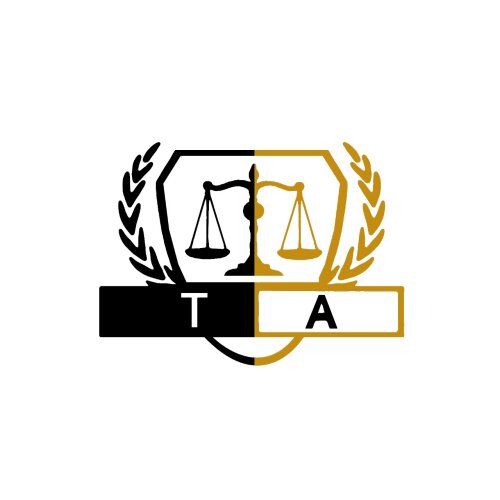Best Child Custody Lawyers in Faridabad
Share your needs with us, get contacted by law firms.
Free. Takes 2 min.
Free Guide to Hiring a Family Lawyer
List of the best lawyers in Faridabad, India
About Child Custody Law in Faridabad, India
Child custody laws in Faridabad, India, along with the rest of the country, prioritize the rights and interests of the child over everything else. The law emphasizes ensuring the welfare of the child - physical, emotional, educational, and others. While the mother is generally considered the custodial parent for children under the age of five, courts examine numerous factors before awarding custody for older children. Joint custody is also recognized, allowing both parents to have an equal say in significant decisions involving the child.
Why You May Need a Lawyer
Engaging a lawyer in cases involving child custody can be crucial due to the levels of complexity and emotional strain often involved. A lawyer can help confirm your legal rights as a parent, helping you make informed choices. Situations such as dispute over custody, complicated divorce proceedings, interstate or international custody complications, and dealing with non-compliant co-parents are examples where a lawyer's expertise may be needed.
Local Laws Overview
Under the Hindu Minority and Guardianship Act, 1956, for children under five years of age, the mother is typically the custodial parent. However, for older children, the court considers factors such as parental conduct, the child's age and preference, economic viability, and emotional and intellectual welfare before making a decision. The law also considers joint custody, allowing both parents to share a say in the child's upbringing but doesn't necessarily imply equal physical time with the child.
Frequently Asked Questions
1. Do mothers always get custody of young children?
Under Indian law, mothers are typically chosen as the primary caregiver for children under five. However, the child's welfare is the court's top priority, and they can rule otherwise based on the circumstances.
2. How is child support calculated?
The court considers several factors, including the parent's earnings, the child's needs, and the lifestyle the child was accustomed to pre-separation.
3. Can a father get custody of his child?
Yes, a father can be given child custody if the court determines that it is in the best interest of the child based on the circumstances.
4. Can grandparents apply for custody?
While the law primarily considers parents for custody, grandparents can also seek custody under certain circumstances when the child’s welfare is compromised.
5. Can custody orders be modified?
Yes, child custody orders can be modified. Parents need to present a significant change in circumstance that affects the child's best interests.
Additional Resources
The Family Court in Faridabad, the National Commission for Protection of Child Rights, and the legal services authorities are some resources that provide valuable legal advice and support on child custody matters. You can look up the official government websites for more details.
Next Steps
If you need legal assistance in child custody, it is advisable to consult a reputable family law attorney who has experience in child custody cases immediately. They can guide you on the legal processes involved, help collect necessary evidence, navigate negotiations, and represent you effectively in court hearings.
Lawzana helps you find the best lawyers and law firms in Faridabad through a curated and pre-screened list of qualified legal professionals. Our platform offers rankings and detailed profiles of attorneys and law firms, allowing you to compare based on practice areas, including Child Custody, experience, and client feedback.
Each profile includes a description of the firm's areas of practice, client reviews, team members and partners, year of establishment, spoken languages, office locations, contact information, social media presence, and any published articles or resources. Most firms on our platform speak English and are experienced in both local and international legal matters.
Get a quote from top-rated law firms in Faridabad, India — quickly, securely, and without unnecessary hassle.
Disclaimer:
The information provided on this page is for general informational purposes only and does not constitute legal advice. While we strive to ensure the accuracy and relevance of the content, legal information may change over time, and interpretations of the law can vary. You should always consult with a qualified legal professional for advice specific to your situation.
We disclaim all liability for actions taken or not taken based on the content of this page. If you believe any information is incorrect or outdated, please contact us, and we will review and update it where appropriate.









